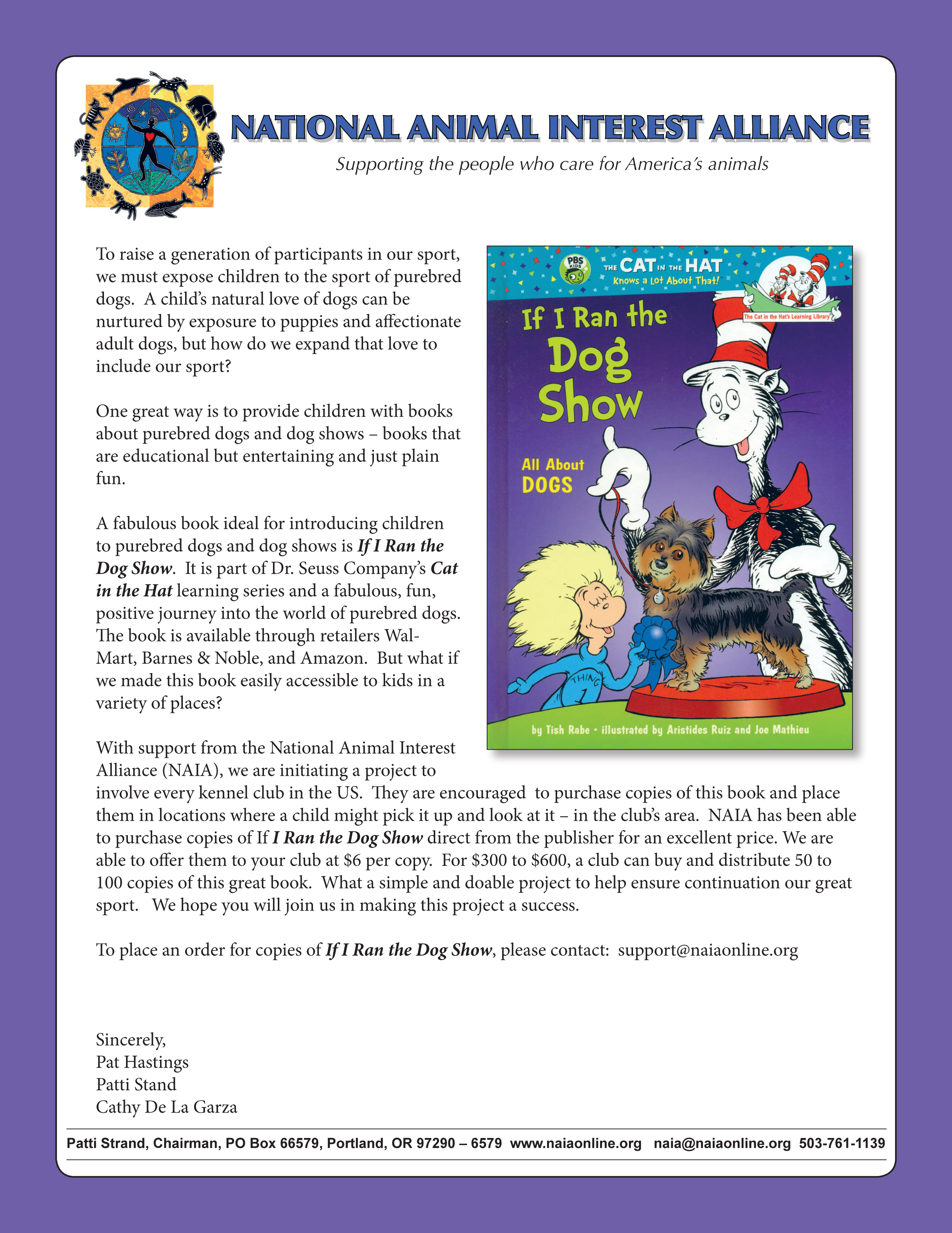Jessie L. Smith has a history of looking out for animals. Having served three years as president of the Humane Society of Harrisburg Area, Inc., and later as state special deputy secretary for dog law enforcement in Pennsylvania, she’s got the pedigree of an animal advocate. And not just in words, but action: during her time as deputy secretary, she worked to enforce her state’s dog law, shutting down many horrendous kennels that did not — or would not — comply with animal care regulations. By her estimation, her agency shut down about three-quarters of Pennsylvania’s substandard kennels.
To most people, these credentials and accomplishments would be impressive, but in the eyes of some of the more zealous animal advocates in her community, she did not move with enough speed or aggression. It didn’t matter that Smith was often on the same side as them: her adherence to the process of law and the fact that she seemed more intent on shutting down bad kennels, rather than all kennels made her “the enemy.”
As we have documented many times, if you are on the wrong side of an animal radical, insults, slurs, and even threats are to be expected. It’s just what they do. So it should come as no surprise that instead of simply criticizing the way she did her job, it became personal. And vicious. Without evidence, Smith was regularly accused of engaging in unethical and illegal behavior, most notably bribery and sexual misconduct. And according to Smith, these weren’t simply the rude, hateful comments you often get from zealots, but a deliberate, dishonest smear campaign designed to destroy her reputation and ability to do her job.
Because of this, she filed a defamation suit against her chief attackers for deliberately and maliciously spreading lies about her. As her lawyer has attested, public officials have to accept a certain level of hostility. It’s part of the job. And disagreements, especially on passionately-held beliefs can become vicious at times — but wantonly destroying someone’s reputation with lies crosses some very clear lines.
The attorney who is attempting to get the lawsuit dismissed characterizes this as a freedom of speech issue, saying it will make people afraid to criticize public officials if it is allowed to go forward. But this is a rather self-serving, alarmist misinterpretation. Reasonable people understand that accusing somebody of taking bribes and sexual misconduct in writing goes a lot farther than second-guessing policy decisions or saying you think an official is doing a terrible job. But of course, we’re not dealing with reasonable people here…
Stay tuned. A judge is now deciding whether or not the case can go forward.

 Animal Sports & Hobbies, Human-Animal Bond
Animal Sports & Hobbies, Human-Animal Bond  4 Comments
4 Comments 






